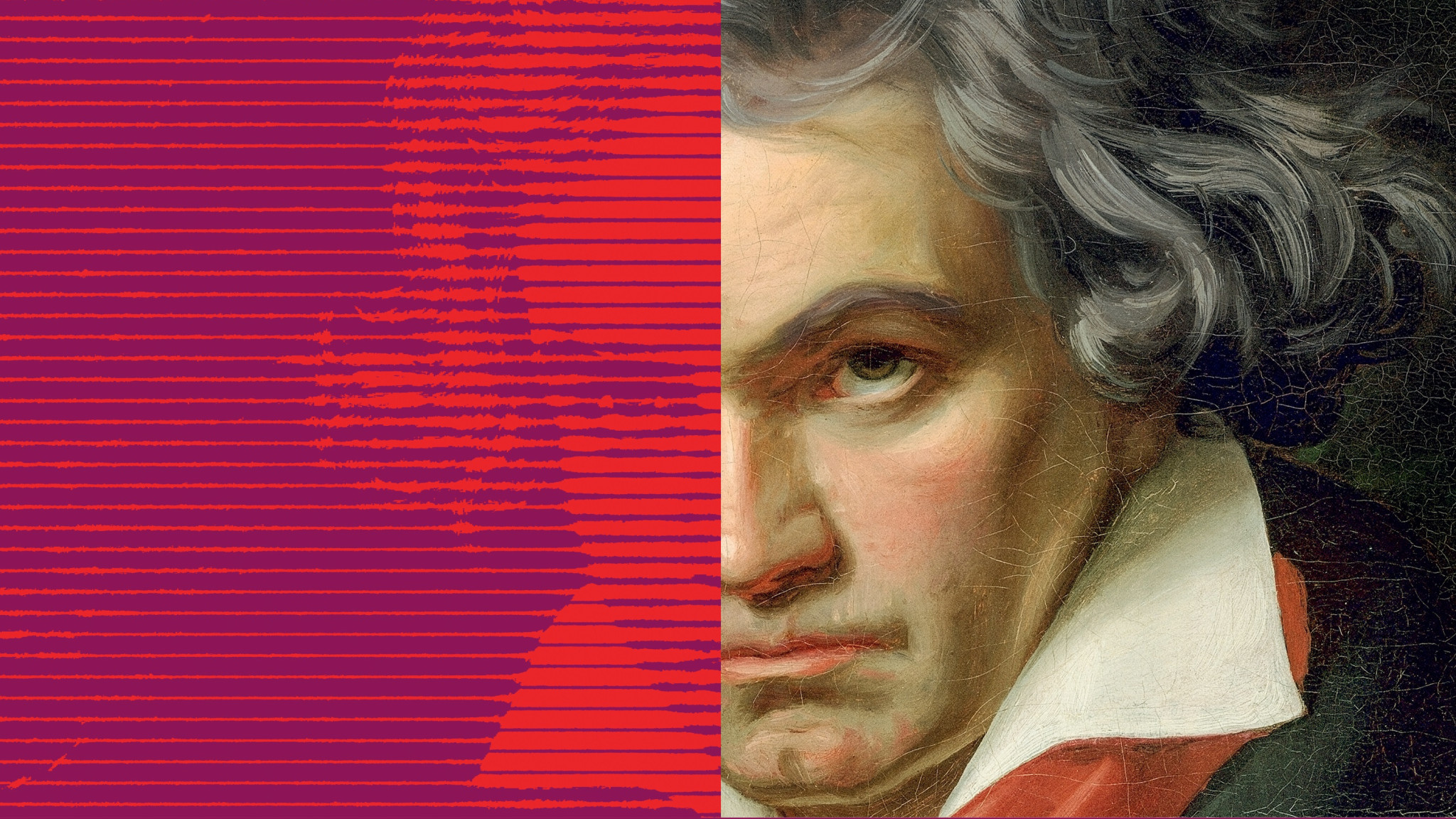Remastered for Blu-ray Audio: Carlos Kleiber’s Der Freischütz

The second of two landmark DG recordings remastered and re-released on June 12, Carlos Kleiber’s Der Freischütz by Carl Maria von Weber has been remastered in 24 bit/192kHz. It is presented on Blu-ray Audio in DTS-HD Master Audio 2.0, 5.1 Surround Sound plus 2 CDs produced from the new mastering.
When, in 1955, Erich Kleiber made a classic recording of Der Freischütz, he was the latest in a long heritage of great German conductors who have stood close to the work. Ever since its triumphant first performance in Berlin in 1821, it has had a unique appeal, often being the first opera on which young conductors cut their teeth and remaining a work to which great artists are happy to return in later years. At the time of his father’s recording, Carlos Kleiber was just beginning his musical career in Berlin; when, in 1973, he made his first venture into the recording studio, it was with Der Freischütz. The scrupulousness in preparation that has marked his entire career delayed this step until he was 43; for Freischütz he went back to the score and restudied the instrumental instructions in Weber’s beautifully lucid manuscript.
Weber was himself an opera director of great originality and, though still in his mid−30s, one of wide experience by the time his opera seized the imagination of his countrymen. In reaction to the panoply of Spontini’s French grand opera Olympie, the official court offering, ordinary Berliners thrilled to a work that spoke directly to their experience, to the tale of the huntsman and his bride, of the ordered rustic German society that had foresters deferring to their head ranger, the head ranger deferring to the Prince, and the Prince deferring to the Man of God. And, of course, there was the Romantic frisson of the supernatural. All Germans, in times when every city-dweller was within walking distance of the countryside, had a deep love of the primeval forests that still covered the land, yet also an awareness of the darkness and danger they contained – the ancient Panic fear. If Weber used the manner of real German folksongs, the debt was repaid when his tunes found a place in popular song collections.
“Weber’s famous attention to details of orchestration is lovingly explored by a conductor who has taken the trouble to go back to the score in manuscript and observe the differences between that and most of the published versions […] this would be of little point were the performance itself not of such interest […] The singing cast is excellent, with Gundula Janowitz an outstanding Agathe to a somewhat reflective Max from Peter Schreier, […] Edith Mathis is a pretty Aennchen, Theo Adam a fine, murky Caspar.” (Gramophone)

